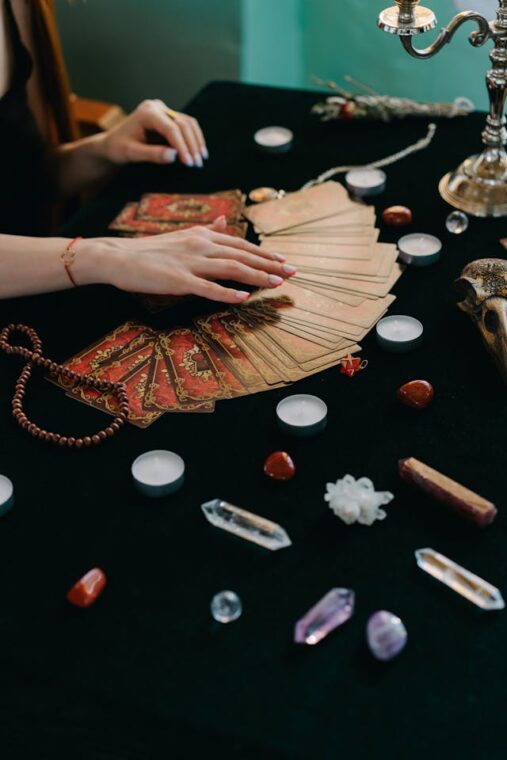The holiday season is upon us again, and for many people, it is filled with dread and can be incredibly challenging. Societal and familial expectations can and do clash often with personal emotions and boundaries, making an already difficult time more difficult, especially when going no-contact with family and friends.
That’s ok.
- Give yourself permission to grieve
The holidays often remind us of what has been lost or feels broken – allow yourself to honor these feelings without judgement.
On Christmas Eve, David sat alone in his living room, scanning the pictures on his phone. His cat, Max, had passed away earlier that year, and the holidays felt unbearably empty. Lighting a candle next to his cat’s favorite sleeping spot, David whispered, “I miss you.” Tears came, and he let them. - Set Boundaries early and clearly
If traditional celebrations feel overwhelming, it is ok to decline invitations or adjust your participation.
Maria felt the weight of her mother’s invitation to the family Christmas dinner, but she knew she wasn’t ready for the noisy, bustling gathering. “Mom,” she said gently over the phone, “I love you, but this year, I need a quieter holiday for myself. I’ll call to wish everyone a happy holiday, but I won’t be able to join in person.” You may have to deal with complaining and/or the silent treatment, but remember: you may be keeping the peace, but whose peace are you keeping? - Create your own traditions
Focus on activities that bring you comfort and healing rather than conforming to societal norms. For example, go hiking, do a Turkey or Holiday Trot (running), watch a movie instead, or even just rest and decompress all day in bed.
After years of trying to make the holidays “normal,” Kevin decided spend Christmas morning sipping hot cocoa and painting—something he hadn’t done in years. That night, instead of a turkey dinner, he treated himself to pizza and a cozy blanket, knowing that this may have been what he wanted, but it was exactly what he needed. - Identify triggers in advance
If large family gatherings bring up difficult memories, plan a way to limit exposure, like attending only for an hour or even just a few minutes.
Sarah always felt anxious around the holidays because it reminded her of her parents’ divorce. This year, she journaled about what made her uneasy—large family gatherings, the constant questions about her personal life—and realized she could skip the parts that didn’t serve her. She decided to visit her siblings for lunch and then head home before the big family dinner began, ensuring she had control over her day. - Focus on healing, not performing
Don’t fake it until you make it – invest in your well-being and self care rather than performing happiness for others just to make them comfortable.
After a particularly rough year, Matthew knew he couldn’t fake holiday cheer. Instead of attending his company’s holiday gala, he finally went and booked a therapy session that he had wanted for months. That night, he journaled about his hopes for the coming year and went to bed early. It wasn’t a celebration, but it felt like progress, and for Matthew, that was enough. - Actually give yourself permission not to celebrate
There is no “right” way to handle the holidays. If ignoring them feels best, then that is what you should do. Do not force yourself to exchange gifts, put up a tree, or do things that drain you emotionally.
For years, Jasmine forced herself to put up a tree and exchange gifts, even when it drained her emotionally. This year, she decided to skip it all. She spent Christmas Day treating it like any other: reading, doing yoga, and organizing her art supplies.
Celebrating and taking care of yourself during the holidays for yourself is just as important as celebrating with friends and family. Do not let anyone take your peace away – that is too far a price to pay.
Discover more from My Divine Shadow
Subscribe to get the latest posts sent to your email.



